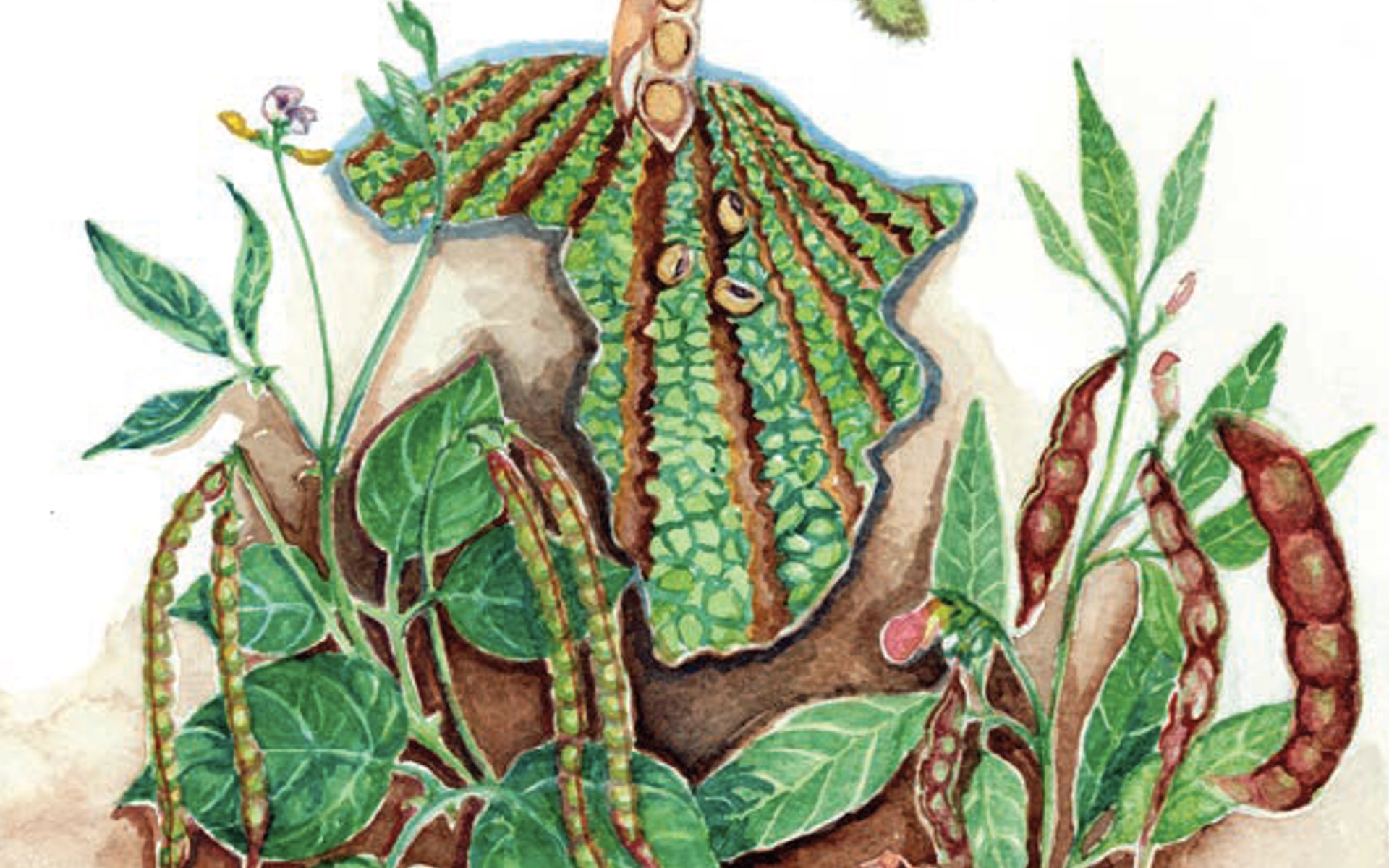Latest Resources

6 June 2024
Annual report for 2023 celebrates ACB’s 20th anniversary
2023 was a special year for the ACB, as it marked the twentieth anniversary since our organisation came into being, initially in response to the emergence of genetically modified organisms and the attendant biosafety issues in food and agriculture. As the organisation grew, our focus broadened to include a host of interconnected issues affecting food […]

5 April 2018
A tale of neo-apartheid plans, dodgy dealings and corporate capture: Government support to South ...
Press Release from the African Centre for Biodiversity Johannesburg, Thursday 5 April 2018 Limited transparency, weak accountability, and capture by corporations and politically-connected individuals. These are features of the current South African landscape found in government’s smallholder farmer support programmes, according to a research report by African Centre for Biodiversity (ACB) released today. The report, […]

24 January 2018
Green Innovation Centre in Zambia: Fighting Hunger through Corporate Supply Chains?
The study “Green Innovation Centre in Zambia: Fighting Hunger through Corporate Supply Chains?” is a joint publication by Rosa Luxemburg Stiftung and African Centre for Biodiversity. It discusses the Green Innovation Centre (GIC) project of the German government, its approach and its impact. The development concept behind the GIC is farming as a business, focusing […]

15 June 2017
The GM maize onslaught in Mozambique: Undermining biosafety and smallholder farmers
A new report from the ACB, “The GM maize onslaught in Mozambique: Undermining biosafety and smallholder farmers” written in conjunction with Acção Academicapara o Desenvolvimento das Comunidades Rurais (ADECRU) has been released today. It provides an analysis of the changes made to Mozambique’s biosafety legislation in order to allow for field trials of genetically modified […]

13 February 2017
Bayer-Monsanto merger: An existential threat to South Africa’s food system
In December 2016 Monsanto shareholders voted in favour of the sale of the company to Bayer for US$66 billion, making it the largest-ever foreign corporate takeover by a German company. Both Bayer and Monsanto are major global manufacturers of agrochemicals and seeds, including genetically modified seed. A merged entity would be the world’s largest supplier […]

29 August 2016
N2 Africa, the Gates Foundation and Legume commercialisation in Africa
This report considers the N2Africa programme, which aims to develop and distribute improved, certified legume varieties (soya, common bean, groundnut and cow pea); promote and distribute inoculants and synthetic fertiliser; and develop commercial legume markets for smallholder integration in 13 countries in sub-Saharan Africa: Tanzania, Uganda, Ethiopia, Nigeria, Ghana (core countries); Kenya, Rwanda, Democratic Republic […]

20 June 2016
Green Revolution dead-end in Malawi: Two case studies— AGRA’s Pigeon Pea Project and Malawi’s Agr...
This report that the Alliance for a Green Revolution’s ( AGRA’s) sponsored pigeon pea project in Malawi was a dismal failure and its agrodealer project had some major and fundamental weaknesses. The AGRA pigeon pea project and the Malawi Agro-dealer Strengthening Programme (MASP) were implemented under AGRA’s Soil Health Programme (SHP) and the Programme for […]

3 April 2016
Africa to lose heritage crops to multinationals ‘donating’ GM technology
The African Centre for Biodiversity (ACB), in a new report titled, “For your own good!” The chicanery behind GM non-commercial ‘orphan crops’ and rice for Africa shows that the GM industry is expanding its grasp to African traditional crops such as cassava, sorghum, sweet potato, pigeon pea, cowpea, banana as well as rice under the […]

4 December 2015
The expansion of the commercial seed sector in sub-Saharan Africa: Major players, key issues and ...
Sub-Saharan Africa’s seed systems are undergoing a profound transition, with the private sector leading the way. This report outlines some of the major trends and activities of the major players involved in this, from Monsanto and DuPont Pioneer to the Alliance for a Green Revolution in Africa (AGRA) and the broader donor community.

17 March 2015
Nuanced rhetoric and the path to poverty: AGRA, small-scale farmers, and seed and soil fertility ...
The report indicates a well-coordinated effort by selected states especially the US and in the EU, philanthropic institutions like AGRA, multilateral institutions like the World Bank, donors and multinational corporations (MNCs) including Yara, Monsanto and Pioneer to construct a Green Revolution that aims to produce a layer of commercial surplus producers. This is an explicit […]
